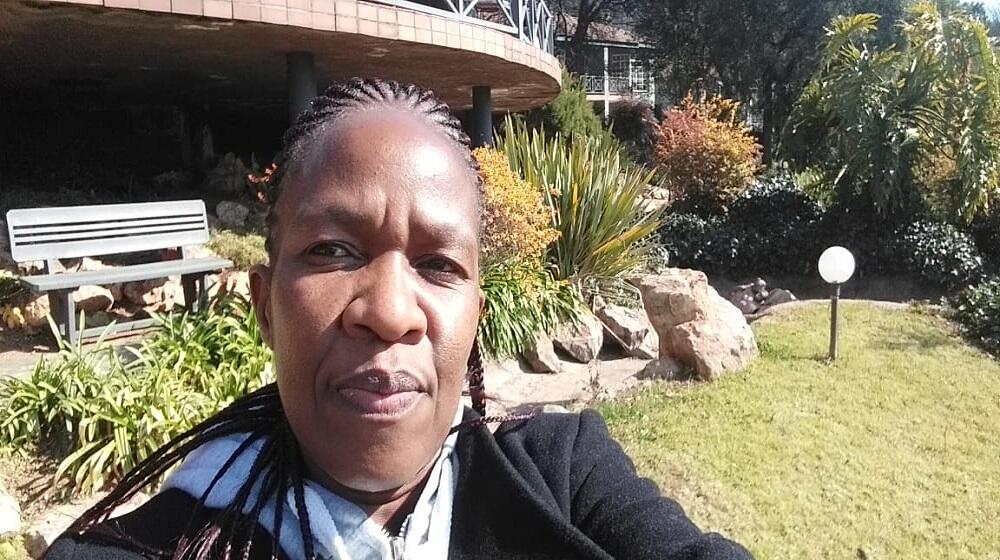As a Sexual and Reproductive Health (SRH) Mentor in Leribe, Sr ‘Matefo Chabalala ensures that young people live healthy lives and have enough information and knowledge to protect themselves against early and unwanted pregnancies.
She ensures that young people are able to access youth friendly sexual and reproductive health and rights services including Family Planning (FP) services. “Most of the time young people are influenced by their peers this is why we ensure that they know how to protect themselves and about FP services and where to access them. Our view is that even if they decide to get married, young people should be able to plan their families; when to have children and how many. Even after delivery we want them to have healthy lives, their bodies should be able to regain the strength they had before pregnancy,” she points out.

For Sr Chabalala therefore, the recent training on reviewing progress made towards improving Family Planning data in Lesotho was very appropriate as it strengthened their mentorship programme. The three-day training, which was also attended by Health Information Management Officers focused on ways to improve data quality and capacitating SRH Mentors on using the Ministry of Health’s electronic platform – the District Health Information Software (DHIS2).
She said the training was important as it is strengthened and reminded them of the importance of data use and verification of data from health facilities.
“Our appreciation of having quality data has been enhanced following the training and the training has reminded us of the importance of data verification to avoid commodities’ stock outs. Since we work closely with Nurses in Charge at Health Facilities, we will be able to show them the importance of quality data especially for them as they are use FP commodities, so that stock outs caused by providing incorrect data can be avoided,” she stated, adding that even the ministry of health will be able to budget and plan appropriately when there is quality data, which would also enable proper programming and ease supply chain management.
In the same vein, Sr ‘Masenate Makhasane Ramone who is also an SRH Mentor in Qacha’sNek district also emphasized the importance of good quality data for prevention of commodities’ stock outs.
She emphasized on the need to avoid discrepancies saying quality data would also strengthen the quality of services they offer. “We can be able to justify the amount of work we do and whether the work is commensurate to the number of staff at a facility through data on our registers. When we are not filling registers appropriately, we will not have quality data that can corroborate our arguments,” she added.
Sr Makhasane Ramone stated that her take-home from the workshop was to go and improve documentation of data at entry points in her facility. “I have learnt that we are losing a lot of data especially when we do integration of services, yet integration is very important as through it we are able to manage the influx well by providing all services to the client in one day under the same roof.”
The workshop ended with development of a roadmap on efforts to be undertaken to improve data quality especially from the health facilities’ level.
In Lesotho, the unmet need for family planning among married women aged 15-49 is estimated at 18 percent. To address the unmet need for family planning, UNFPA works by ensuring a steady, reliable supply of quality contraceptives; strengthening of national health systems; advocating for policies supportive of family planning; and gathering data to support this work.


